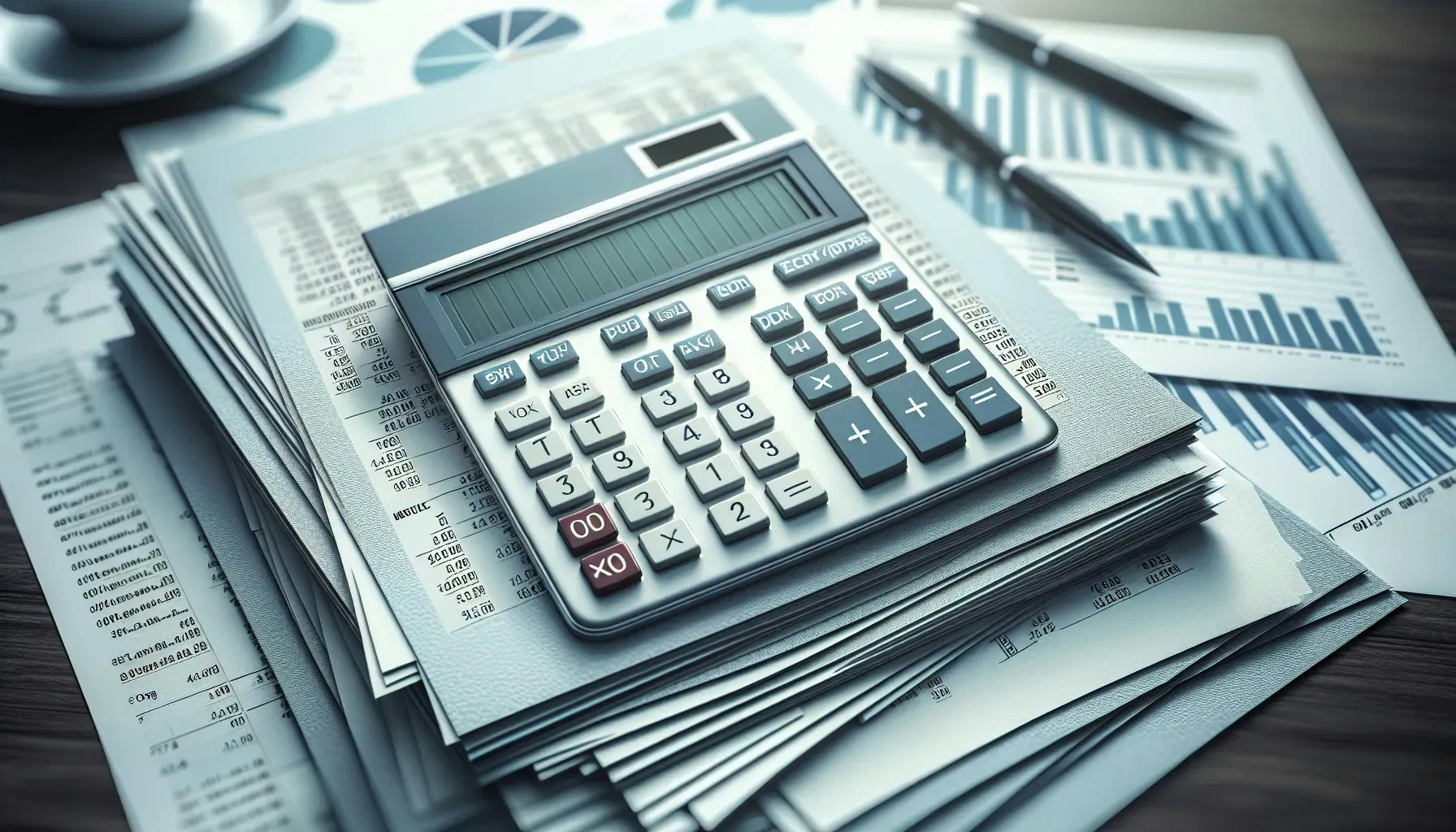What Personal Habits Contribute to Accuracy in Credit Analysis?
In the meticulous world of credit analysis, habits that ensure precision are paramount, as evidenced by a co-founder & CEO who meticulously reviews financial data. Alongside expert practices, we've gathered additional personal habits that contribute to accuracy and thoroughness in the field. From the discipline of double-checking figures to the commitment to adhere to updated protocols, discover the routines that keep finance professionals at the top of their game.
- Meticulously Review Financial Data
- Double-Check Figures Routinely
- Take Detailed, Organized Notes
- Attend Regular Accuracy Trainings
- Adhere to Updated Protocols
Meticulously Review Financial Data
One personal habit that helps me maintain accuracy and thoroughness in my credit analysis is taking the time to meticulously review and cross-check all financial data, assumptions, and calculations. Before finalizing any credit assessment, I methodically go through each line item, verify the sources of information, and double-check formulas and projections. This rigorous process helps me catch any errors or inconsistencies early on, ensuring my analysis is precise and well-substantiated. Additionally, I make it a point to document my thought process and critical assumptions, which not only aids in maintaining transparency but also allows me to revisit my analysis if needed, further promoting accuracy and thoroughness.

Double-Check Figures Routinely
Making it a habit to double-check figures is a cornerstone of accurate credit analysis. This practice involves verifying numerical data at least twice to catch and correct any inadvertent errors. Having a meticulous eye for detail ensures that even the smallest discrepancy is identified and rectified.
This kind of thorough checking can be the difference between a reliable analysis and one that leads to costly mistakes. Ensuring accuracy through repetition is a skill that becomes second nature to diligent credit analysts. Make it your routine to verify your data before reaching a conclusion.
Take Detailed, Organized Notes
Taking detailed and organized notes is a key personal habit that helps reduce errors in credit analysis. Effective note-taking allows an analyst to record information in a structured manner, making it easier to review and understand when referencing back. It also serves as a reliable source of information for cross-checking data points.
By capturing the information in a clear and concise way, an analyst can minimize misunderstandings and inaccuracies. Start practicing thorough note-taking now to refine your credit analysis process.
Attend Regular Accuracy Trainings
Engaging in regular accuracy training sessions is an excellent way to enhance one's credit analysis skills. These training programs challenge analysts to improve their attention to detail and data interpretation abilities. They also keep analysts informed about the latest techniques and tools in accuracy enhancement.
Through ongoing professional development, credit analysts can continuously refine their expertise. Commit to attending training sessions regularly to elevate your proficiency in credit analysis.
Adhere to Updated Protocols
Staying abreast of and adhering to the newest protocols is vital for maintaining high standards in credit analysis. Updated protocols often reflect changes in regulations, market conditions, and industry best practices. By following these guidelines, an analyst ensures that their work is relevant and up to par with current standards.
This commitment to the latest procedures will help maintain the accuracy and reliability of credit analysis. Make it a point to stay informed of protocol updates and integrate them into your analysis process.

